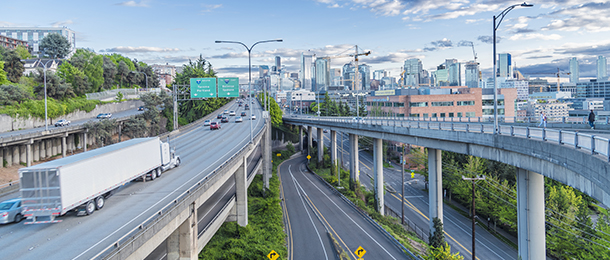Infrastructure assets are undervalued currently compared to the expected outlook for returns and this situation allows investors to buy future cash flow cheaply, according to an Australian boutique fund manager.
Ausbil Investment Management head of global listed infrastructure Tim Humphreys said in the past year essential infrastructure had underperformed global equities by about 20 per cent, which was similar to the level of performance seen during the pandemic lockdowns of 2020 and 2021.
“Such moves are often good opportunities for investors and in the current situation the rebasing in values for inflation has meant that infrastructure investors can buy inflation-adjusted future cash flow at a discount,” Humphreys said.
He added essential infrastructure, such as utilities, roads, airports and communications, carried inflation protection in their pricing due to the contracts and regulatory policy that allow them to operate and that had yet to feed through into revenues and cash flow.
“Infrastructure assets are usually allowed to increase their revenues by inflation and some, like water utilities that are allowed to earn a defined rate of return, can inflate the value of their asset bases by inflation that increases their allowable cash flows,” he noted.
“There can be a lag of up to two or three years before the full impact of inflation is reflected in revenues. This means that companies are set to benefit over the next few years, regardless of where inflation goes from here, as the full positive impact of recent inflation feeds through.
“A key factor that is often not fully appreciated by the market is the compounding effect of higher inflation over time. As companies are allowed to increase their pricing to keep pace with inflation, the incremental increases in tolls or fees collected from customers will compound over the years and decades to come.”
He said mobile phone tower infrastructure and electric utilities were two sector likely to benefit from growth in the future, with the first spurred on by a “relentless surge” in mobile data consumption.
“In just the last two years, mobile network data traffic has nearly doubled. This ongoing growth will be fuelled by a variety of factors, whether it is the emergence of data-hungry applications or the increasing use of artificial intelligence,” he noted.
Electric utilities are well poised to see an increase in demand for electricity after many years of decline. The journey to net zero really means the electrification of everything, including transport, industry and commerce, and this will lead to an increased demand for electricity over the coming years.”


